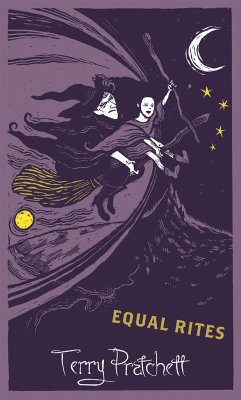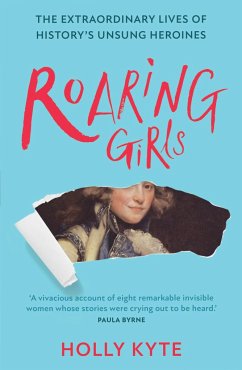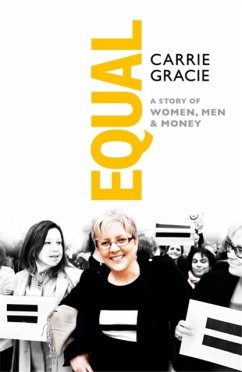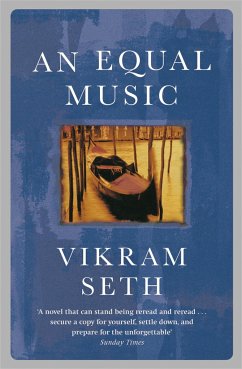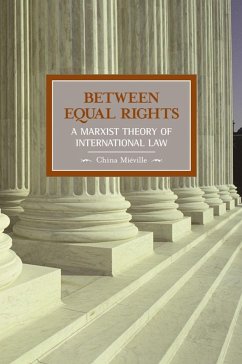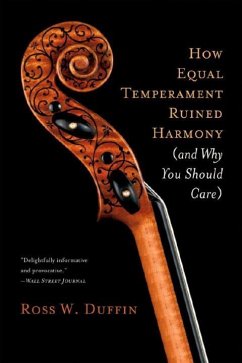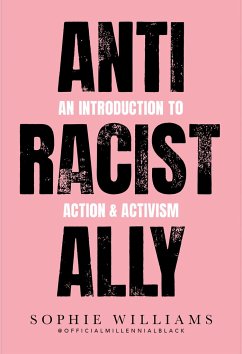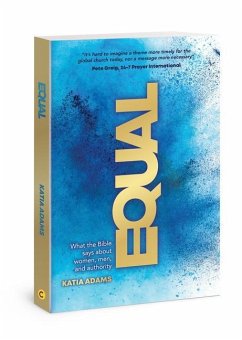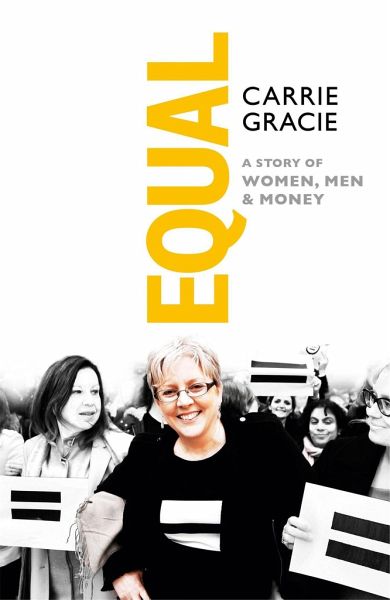
Equal
How we fix the gender pay gap
Versandkostenfrei!
Versandfertig in 2-4 Wochen
21,99 €
inkl. MwSt.

PAYBACK Punkte
11 °P sammeln!
Equal pay has been the law for half a century. But women often get paid less than men, even when they're doing equal work. Mostly they don't know because pay is secret. But what if a woman finds out? What should she do? What should her male colleague do? What should the boss do? Equal is the inside story of how award-winning journalist Carrie Gracie challenged unequal pay at the BBC, alongside a wider investigation into why men and women are still paid unequally. It's a book that will open your eyes, fix your resolve and give you the tools to act - and act now. [thumbnail of author pic and cre...
Equal pay has been the law for half a century. But women often get paid less than men, even when they're doing equal work. Mostly they don't know because pay is secret. But what if a woman finds out? What should she do? What should her male colleague do? What should the boss do? Equal is the inside story of how award-winning journalist Carrie Gracie challenged unequal pay at the BBC, alongside a wider investigation into why men and women are still paid unequally. It's a book that will open your eyes, fix your resolve and give you the tools to act - and act now. [thumbnail of author pic and credit]
Dieser Artikel kann nur an eine deutsche Lieferadresse ausgeliefert werden.



